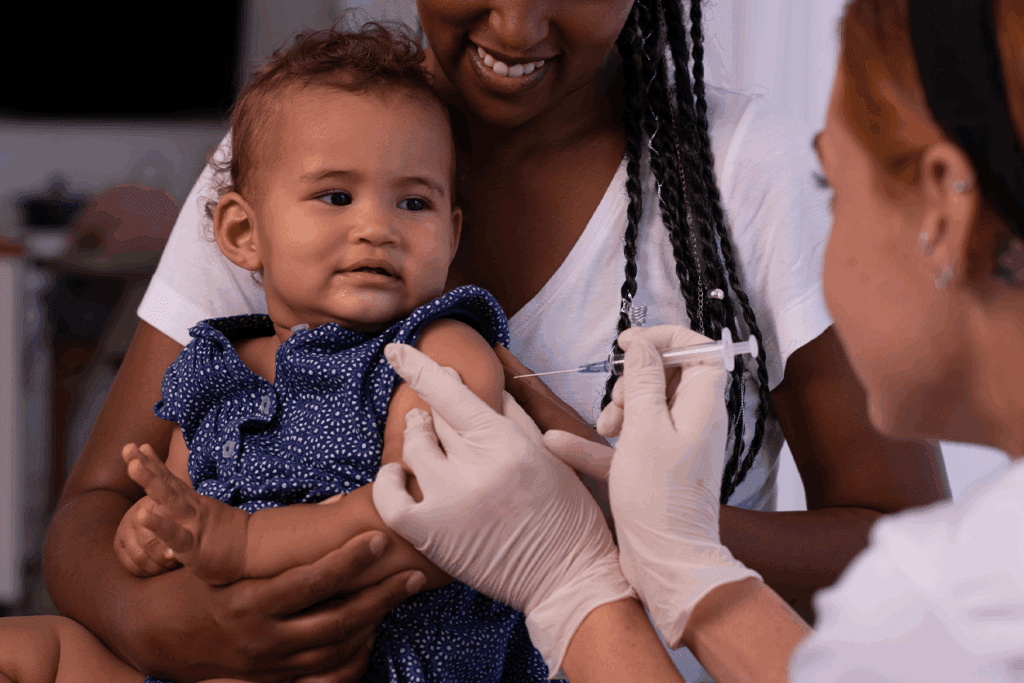
The Hib vaccine has achieved remarkable success in preventing serious childhood infections caused by Haemophilus Influenzae type B bacteria.
Some infections can seem unfamiliar because we do not often hear about the organisms that cause them, although we may be familiar with the illnesses they produce. Haemophilus Influenzae type B (Hib) is one such example.
What is Hib?
Hib is a bacteria that can cause serious illness, particularly in young children. In children, it can cause pneumonia (infection of the lung), meningitis (infection around the brain), and epiglottitis (infection around the throat). All of these can be responsible for significant disease in children under the age of five years, and even lead to death. It can also lead to infection within the bloodstream (septicemia), which can be acutely life-threatening. Hib can also affect adults, though serious illness is less common outside of those with weakened immune systems.
Prior to the era of vaccination, Hib accounted for a large portion of disease and deaths in children under the age of five. In this population, Hib accounted for between 40-100 cases per 100,000 children. It was the leading cause for meningitis; as many as 4% of children with meningitis would die, and between 15-30% of survivors had neurological sequelae or hearing loss. The introduction of the Hib vaccine reduced the annual incidence of invasive disease by 99% to 1 per 100,000 children.
ACIP Hib Vaccine Recommendations
The United States Centers for Disease Control and Prevention’s Advisory Committee on Immunization Practices (ACIP) recommends routine Hib vaccination beginning at age 2 months. For infants starting at 2–6 months, the schedule depends on the vaccine product:
- A 3-dose primary series (at 2, 4, and 6 months) is recommended for some combination vaccines (such as ActHib, Pentacel, or MenHibRix);
- A 2-dose primary series (at 2 and 4 months) is recommended for other combination vaccines (such as PedvaxHib or Comvax).
A single booster dose is recommended at age 12–15 months, at least 8 weeks after the last primary series dose.
These recommendations can appear confusing but are often seamlessly built into pediatric immunization schedules. If you are interested in learning more about Hib vaccines, speak with your doctor today.
Disclaimer: This blog content and linked materials are not intended as individual medical advice, diagnosis, or treatment, and should not be considered as such. Any readers with medical concerns should contact a licensed healthcare provider. This blog is provided for informational purposes only.
